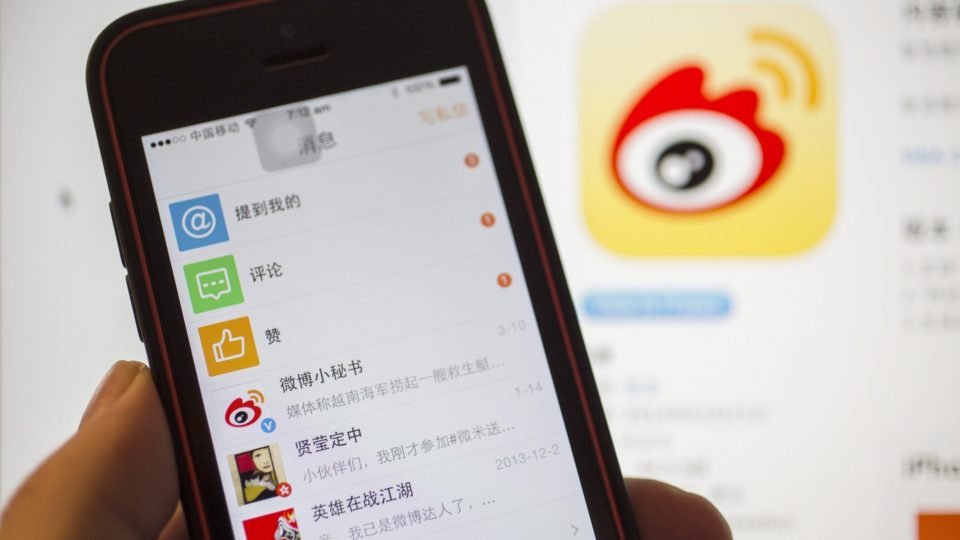
Weibo, which is often described in the West as the “Chinese Twitter”, was launched in 2009 by Sina Corporation and today has more than 570 millions of users in China who find the platform a contradictory channel: at the same time it is a space that gives voice to many disaffected people who cannot demonstrate or criticize the government in the press, in academic circles and other places, is also usually quick to take down content that displeases Beijing.
In the strict lockdown deployed in Shanghai since late March, users have turned to Weibo to post reviews, photos and video s that denounced absurd situations, such as dogs being killed by Covid prevention workers- in the deserted streets.
With hunger provoked by the impossibility of going out shopping and the inefficient logistics of food distribution carried out by the Chinese authorities, the ironic hashtag “buying groceries in Shanghai” became one of the most widespread on Weibo in April, but within days it became unavailable on the system. platform search.
Last year, Chinese tennis player Peng Shuai published on the social network a text in which he accused Zhang Gaoli, the country’s former vice-premier and former top member of the Communist Party of China, of sexual assault. The report was quickly taken off the air.
It is not known to what extent Weibo practices self-censorship or removes content by order of the Chinese regime – in 2021, China’s internet regulator imposed more than Weibo penalties for postings with “illegal information”, occasions where was instructed to “immediately rectify and seriously deal with the relevant persons responsible”.
05195658 )After one of the last warnings, in December, Weibo indicated in a statement that it “sincerely accepted the criticism” of the regulatory body and informed that it had established a working group to deal with the matter.
At the end of April, Weibo began publicizing user locations from IP to combat “misbehavior” on the Internet. social network, punishing attitudes such as “posing as parties involved in issues of important topics” and spreading “desi malicious information”, and “to ensure the authenticity and transparency of the disclosed content”.
“Weibo has always been committed to maintaining a healthy and orderly atmosphere of discussion and protecting the rights and interests of users in quickly obtaining real and effective information,” the company said in a statement.
This exhibition and the climate of denunciation corroborate the platform’s “Big Brother” spirit, even with cases of users arrested for content posted on the social network.
In 2013, four Weibo users were detained by Chinese authorities for allegedly spreading “rumors” that “affected the image” of Lei Feng, a soldier killed in 1962 which is considered a model of loyalty to the Communist Party of China.
Authorities in Nanjing City said the blogger “maliciously distorted the truth” and that after being detained confessed to misconduct for “provoking fights and causing trouble”. Before being sentenced to eight months in prison, Qiu was banned from Weibo. Big Brother or not, if you’re Chinese and on Weibo, someone definitely has their eyes on you.


